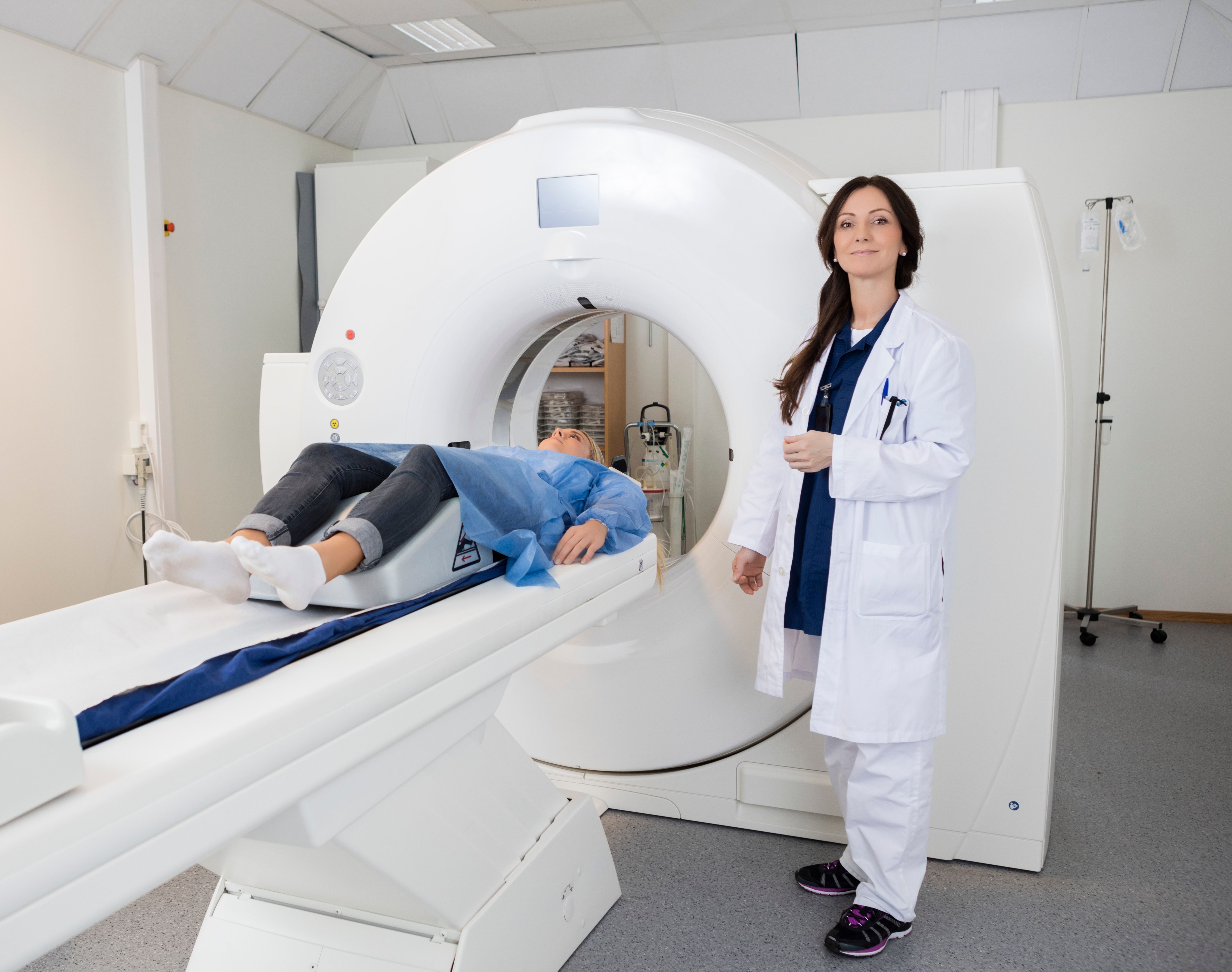In healthcare and biomedical research, the dependability of equipment and materials used in monitoring and diagnostic operations is critical. Electrodes, as crucial components in these processes, serve an important role in reliably capturing electrical impulses, monitoring physiological states, and providing trustworthy readings for patients and researchers. This is where 3M Electrodes excellence shines through, with precision-engineered solutions designed to satisfy the demanding requirements of modern medical environments.
The Function and Importance of Electrodes in Medical Technology
Electrodes are vital in medical and research contexts because they allow for the correct transmission of bioelectric signals from the body to diagnostic equipment. As technology progresses, the demand for electrodes with higher sensitivity, decreased noise interference, and high skin adherence grows considerably. High-quality electrodes are especially important because faulty readings might cause diagnostic delays, incorrect treatment decisions, or the need for additional testing, all of which can impact patient care results. This design issue is especially critical for long-term monitoring applications, as skin health can have a considerable impact on electrode performance.
Advances in Adhesive Technology for Enhanced Performance
The ability of a medical electrode to detect electrical signals, as well as its adherence to the skin, is critical to its effectiveness. In this aspect, adhesive technology has advanced significantly. Electrodes, such as those sold by 3M, incorporate superior hypoallergenic adhesives that ensure excellent skin contact while minimizing irritation. This is critical in clinical settings, particularly for individuals with sensitive skin or those undergoing extensive testing. Electrodes that retain good skin contact are less likely to become dislodged, requiring fewer adjustments by healthcare practitioners and minimizing the risk of contamination. Furthermore, the use of sophisticated adhesives guarantees convenient electrode removal without residue or skin damage, thereby enhancing patient comfort and safety.
Versatility and Applications Across Healthcare and Research
One of the distinguishing aspects of high-quality electrodes is their adaptability in a variety of applications. Healthcare uses electrodes for continuous patient monitoring in critical care units, anaesthetic monitoring during surgeries, and muscle response measurement during rehabilitation sessions. The adaptability of electrodes improves medical practitioners’ capacity to provide complete care by allowing accurate and timely diagnosis. Sports science and rehabilitation settings utilize electrodes not only for diagnostic purposes but also for real-time monitoring and analysis, which facilitates the creation of customized training programs or rehabilitation regimens tailored to specific muscle or neurological responses.
Contributing to the Evolution of Patient-Centric Technology
As medical technology progresses, the importance of patient comfort and precision increases. Today’s healthcare equipment manufacturers understand that patient experience is as important as data accuracy, and electrode makers strive to achieve both of these standards. Modern electrodes are the result of intensive research and development that takes into account both mechanical and chemical factors, such as skin compatibility and signal quality. Furthermore, as more healthcare facilities implement remote monitoring technologies, dependable electrodes continue to play an important role in providing accurate data for both in-clinic and at-home patient monitoring, indicating the industry’s drive toward more personalized, patient-centred care solutions.
